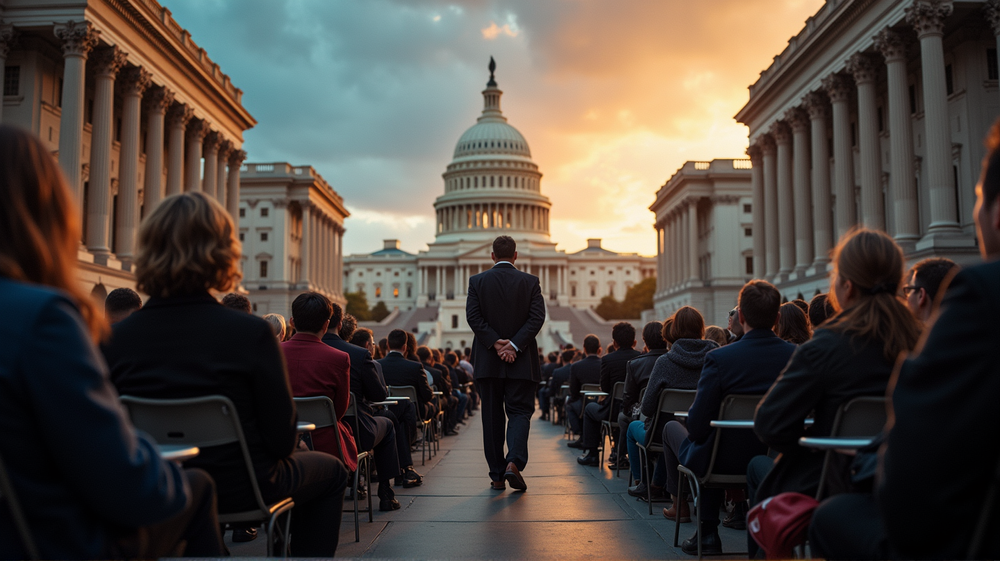The clock is ticking on Capitol Hill, and the debate over Affordable Care Act (ACA) premium subsidies has reached a fever pitch. As the government shutdown continues, an urgent call for bipartisan action rings loud from Jon Godfread, North Dakota’s insurance commissioner and president of the National Association of Insurance Commissioners.
The Urgency of Action
With open enrollment fast approaching on November 1, Godfread warns that failure to extend these essential ACA subsidies will leave millions without affordable health insurance options. “The window is rapidly closing,” he said, emphasizing the pressing need for Congress to act swiftly.
A United Call Across Party Lines
Despite the usual partisan divides, insurance commissioners across red and blue states echo Godfread’s sentiment without reservation. The current political climate might make cooperation challenging, but the potential havoc on healthcare access for millions gives little room for delay. According to NPR, the commissioners have actively communicated these concerns since the beginning of the year, culminating in a concerted effort to alert lawmakers about the looming crisis.
The Impact on American Families
The potential fallout is monumental. For families facing potential premium hikes from \(800 to \)3,000 monthly, the prospect of losing subsidies equates to being priced out of essential healthcare. Research from KFF, a respected nonpartisan health organization, projects premiums could skyrocket by an average of 114% if the issue remains unresolved.
The Broad Support & A Hope for Resolution
Interestingly, ACA’s success in providing affordable healthcare has garnered widespread support. Notably, a KFF poll revealed strong backing for the enhancements, even from voters traditionally aligned with formerly opposing political ideologies. Despite the shutdown’s back-and-forth, Godfread remains optimistic, “We’ve got to get some action, though.”
Going Forward
As Congress deliberates, time is of the essence. Insurance companies have prepared dual rates — one incorporating subsidies, the other not. Therefore, if a decision is reached promptly, the transition can be seamless for consumers.
In a critical period defined by political strife and budgetary hemming fears, the path forward seems narrow. Yet, the choices made in these few remaining days could have long-lasting repercussions on American healthcare access. With open enrollment looming, the call for decisive action has never been louder.












